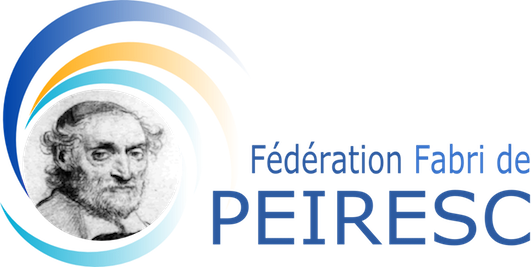Jeudi 26 juin 2025 à 14h00, salle des séminaires IRPHE
Abstract: Many organisms depend on the ability to track the sources of odors in fluid flows. When the flow is turbulent, odor encounters are sparsified and randomized, and gradient-climbing search strategies are ineffective.
In this talk, we thoroughly examine the Bayesian approach to olfactory search in turbulent settings, a model-based method which involves maintaining and updating a spatial probability map on the source location. This approach enables the crafting of strong heuristics based on information-gathering as well as the construction of optimal policies (in the sense of minimal average arrival time). We discuss how to approximately compute such optimal policies, a challenging computational task, and study the trajectories that emerge when this method is applied to realistic simulation data, finding a striking similarity to naturalistic strategies. We then turn our attention to the impact on search performance of correlations in the concentration field — which, despite breaking the Markov property on which Bayesian methods rely, are neglected in most studies. Through a combination of simulation and analytic modeling, we demonstrate that short-range correlations tend to lengthen search times; we discuss ways to mitigate this difficulty in both single- and multi-agent settings. On the other hand, we find that in windy settings, large-scale structure tends to facilitate the search even if this structure is unmodeled by the agent. Finally, we discuss how to optimally choose search parameters (measurement rates and thresholds).

